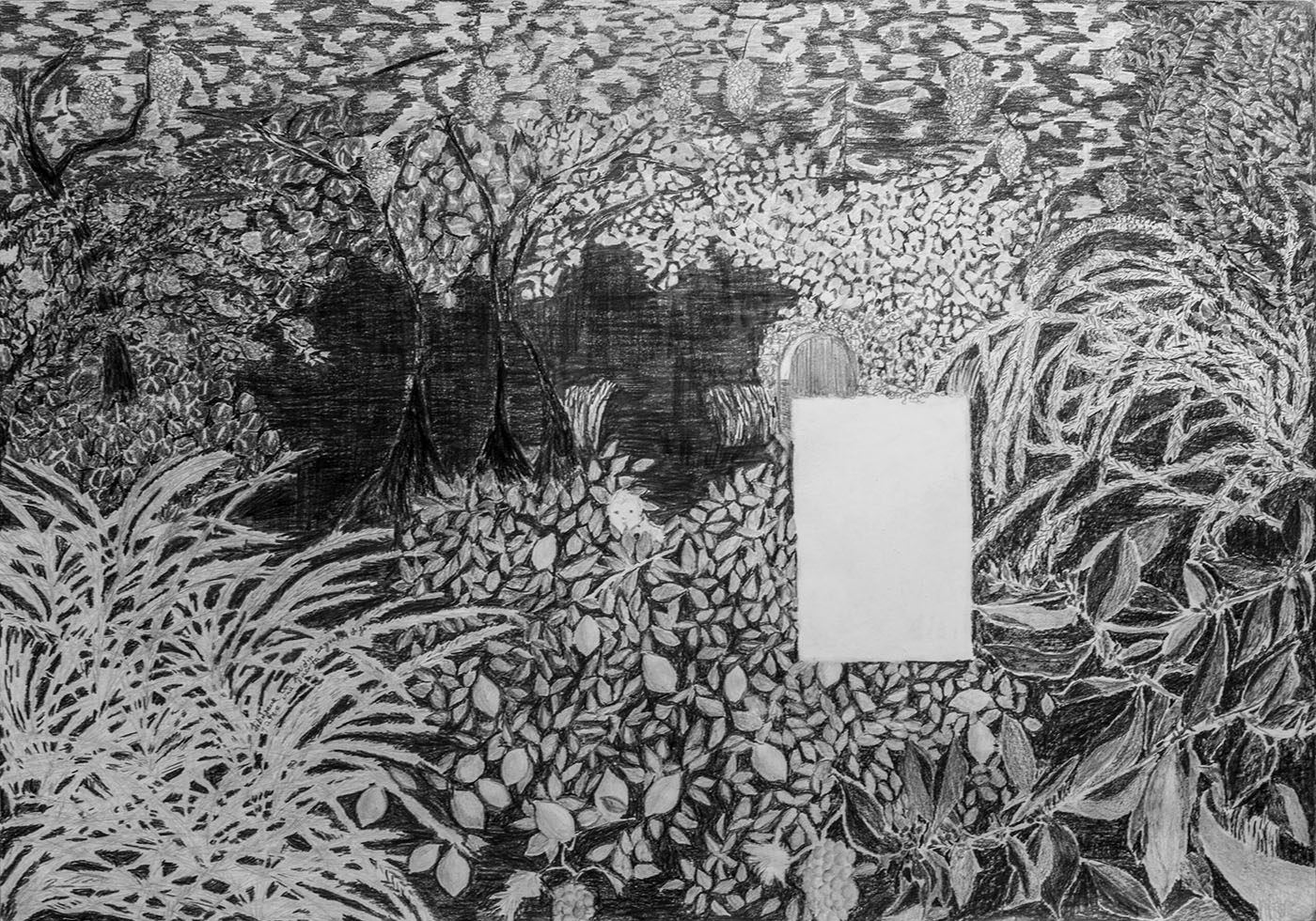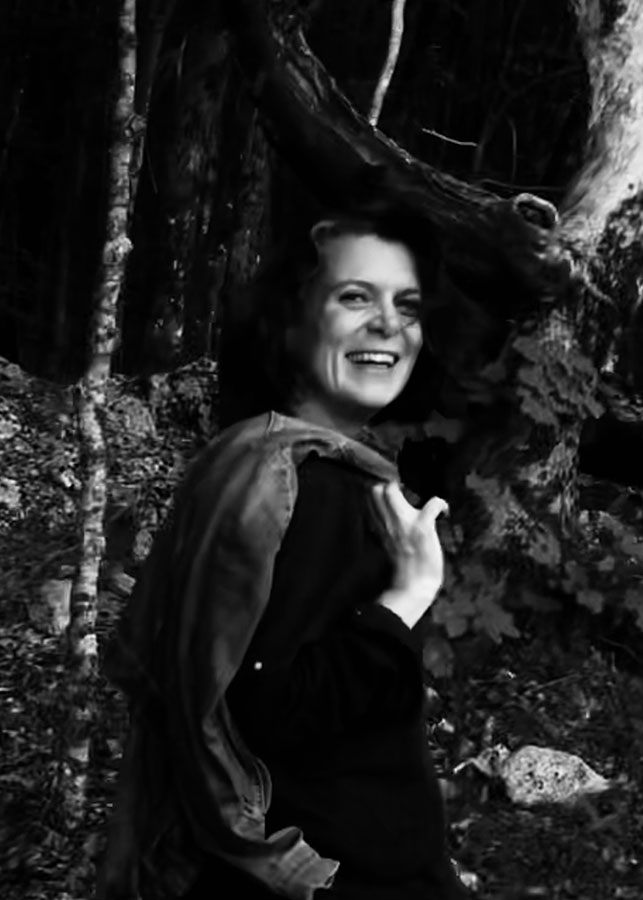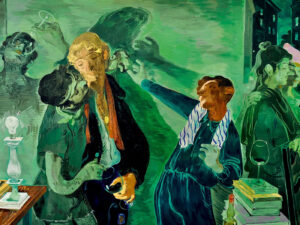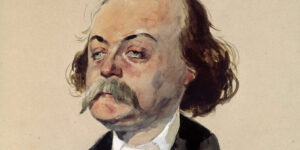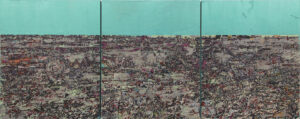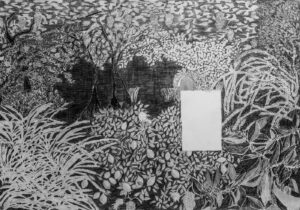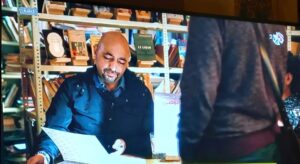Nathalie Karagiannis is a Greek poet also writing in English whose latest work is The Idea of Berlin.
Nathalie Karagiannis
excerpts from The Idea of Berlin.
I
I first went to Berlin by chance,
handsome:
The man was a heroin-addict and
A couple of his interior teeth were missing.
as constantly
sweating and taking baths.
I was there without purpose, but also without a perspective.
that I would be leaving for Berlin in a couple of days.
On Monday afternoon, I boarded a bus to
April in was forbiddingly cold
on the steps of the Pergamon Museum: I’m alone, cold, smoking, disappointed by Berlin’s ugliness, exhilarated by the decadent facades cribbled
in that romantic hymn that Wender’s film was, by places like the Tacheles which I had never had to encounter and interpret before (
first time in my life that I was entering a parallel universe. That language, yeah. To hear it flowing cuttingly from mouths that found it easy and unquestioned, inside red floored apartments with astoundingly high ceilings! The language took on another generalized and precise life
, and I realized I was poor. I knew
German-
but, ach, hated it
(who, actually, in my eyes is not so much flying above Berlin but rather forever waiting in Tanner’s white Lisbon). It
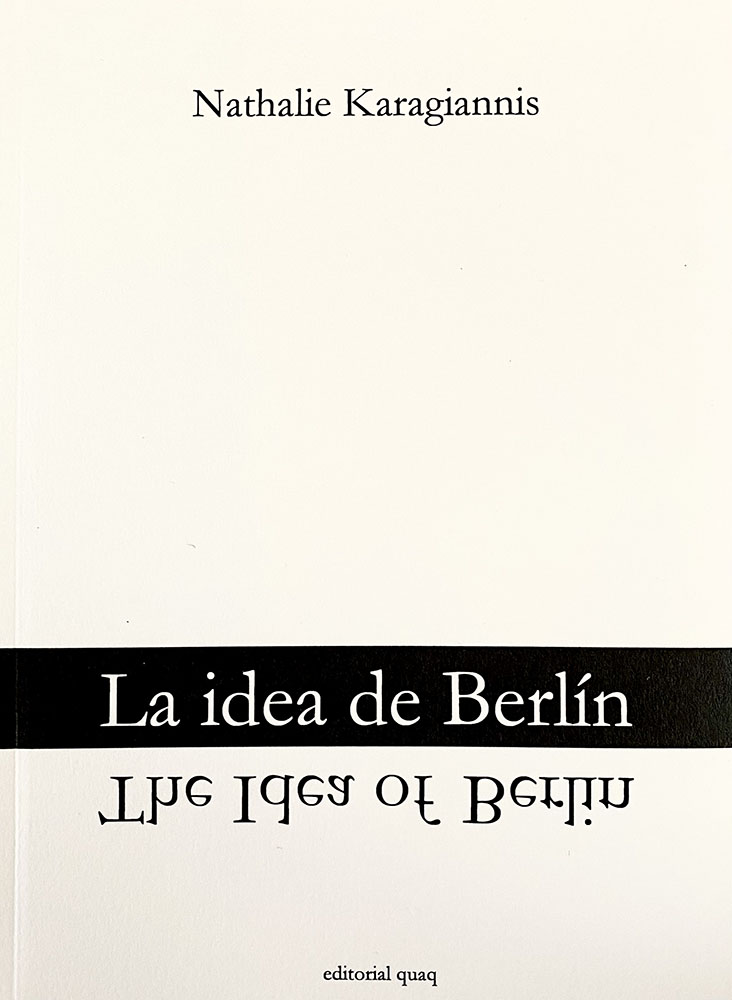
The waste!
German primary school teacher with tenderness. Soft and encouraging, she had very white skin and wore her hair in plaits around her head
German badly but worse
I’m embarrassed to admit that I relied on my talents, and those proved short.
Returning to Berlin
and the whimsical start of my relation to the city encapsulated all that my subsequent travels were going to be. And thus,
they always were, first and foremost, escape routes, lignes de Juite, rather than content-filled places, baroque compendiums of sedimented cultures and brash innovations.
certainly the cities, were expressions both of solitude and hardness and of ways of masquerading those to everybody else.
I knew my loneliness well, just as I knew my despair and impatience with the i?Jpocrites, r
the wish of vanishing from this or that Earth’s face remained alive.
The wish for disappearance, never to be confused with a mere death wish, cuts deep into the dark material of the day. On the matt side, it dimly reflects the end of meaning, an even, infinite surface that is simultaneously an even, infinite depth. On its silvery side, the wish shines with the promise of a life where I will have lost its name, where most of the material books, the material papers, the material dust will have been extinguished. Difficult to dip that knife into the easy lyric sauces. Difficult to beat that act of balance between an unqualified void and an unknown existence. That balance —always precarious, if it is to be efficient from the point of view of the great machinery of writing — is what keeps millions of scribblers, alive and long gone, at their desks. The great machinery of writing rolls on and on, always on the same spot, sweating and stubborn like a middle-aged human riding an expensive, immobile bicycle in some carpeted backroom.
I saw man once more by chance in Montmartre. elbow,
At his
Quickly, I hid behind the first corner that a building offered.
For some inexplicable seconds,
In Senegal, a decade later
I remember a bar overlooking the sea and dilapidated walls
The tree was one of seven which formed a circle in the middle of nowhere.
He sat down and pointed to the baobabs, and said something about their magic potential. As he rolled a joint,
with an alcoholic doctor I had first met in Rwanda,
How disappointing, but fitting, that he should later send me a copy of
the decision to go there was of the same nature: negative. The impulse was of disappearing from the place of reference, not of appearing in the new place. As I am typing, the other side of the com -appearance
Hannah Arendt Fred Moten
the sudden appearance of the Archangel, always interrupting a woman’s reading, as somebody (perhaps Elena Ferrante?)
these episodes -the idea of Berlin — were essentially interrupting my reading
the only sustainable way to go on reading was to insert breaks within it — breaks that would be striking or disturbing enough that reading would seem a benign, preferable place upon return
To disappear from reading would be equivalent to living with a heightened sense of risk or gambling one’s own safety, physical integrity.
the wish for disappearance is not a death wish
Pascal Quignard’s Villa Amalia
July’s People by Nadine Gordimer
Emotions and reasons are kept at bay, these do not dictate action, which is pure instinct.
(Yanagihara should read Julia Kristeva’s Stabat Mater). By contrast, the extraordinary description in the book by Gordimer
mother, beyond the realm of human and into the realm of the animal, of sheer survival, of a radical erasure of culture and emotions and expected patterns of behavior. The “naked” life of this body is the only thing there is.
at stake in it is a disappearance too.
of one single time in my life where I acted likewise, entirely and only moved by instinct.
It is the sense of sudden freedom that emanates from such decisions
beckoning me from the past.
There are no foreseeable consequences of stopping to write and stopping to read too,
‘Concentrated on being mad’ waswhat Robert Walser counterposed to writing literature
His was a genuinely
successful disappearance
itself a madness, as Walser’s production in the asylum ascertains
II
The province of the self is inhabited by those poets with depressing conviction and unwavering constancy. Before running away from the melancholy, bitter verses which always seek to bite their own tail
wanting to hide away somewhere else, somewhere in a painting or a Scherzo by Tiepolo, forever looking into the unknown.
How can I forgive the three poets standing with me in the lobby of the Savqy and not recognizing Cees Noteboom who was coming towards us
Oh, to disappear!



